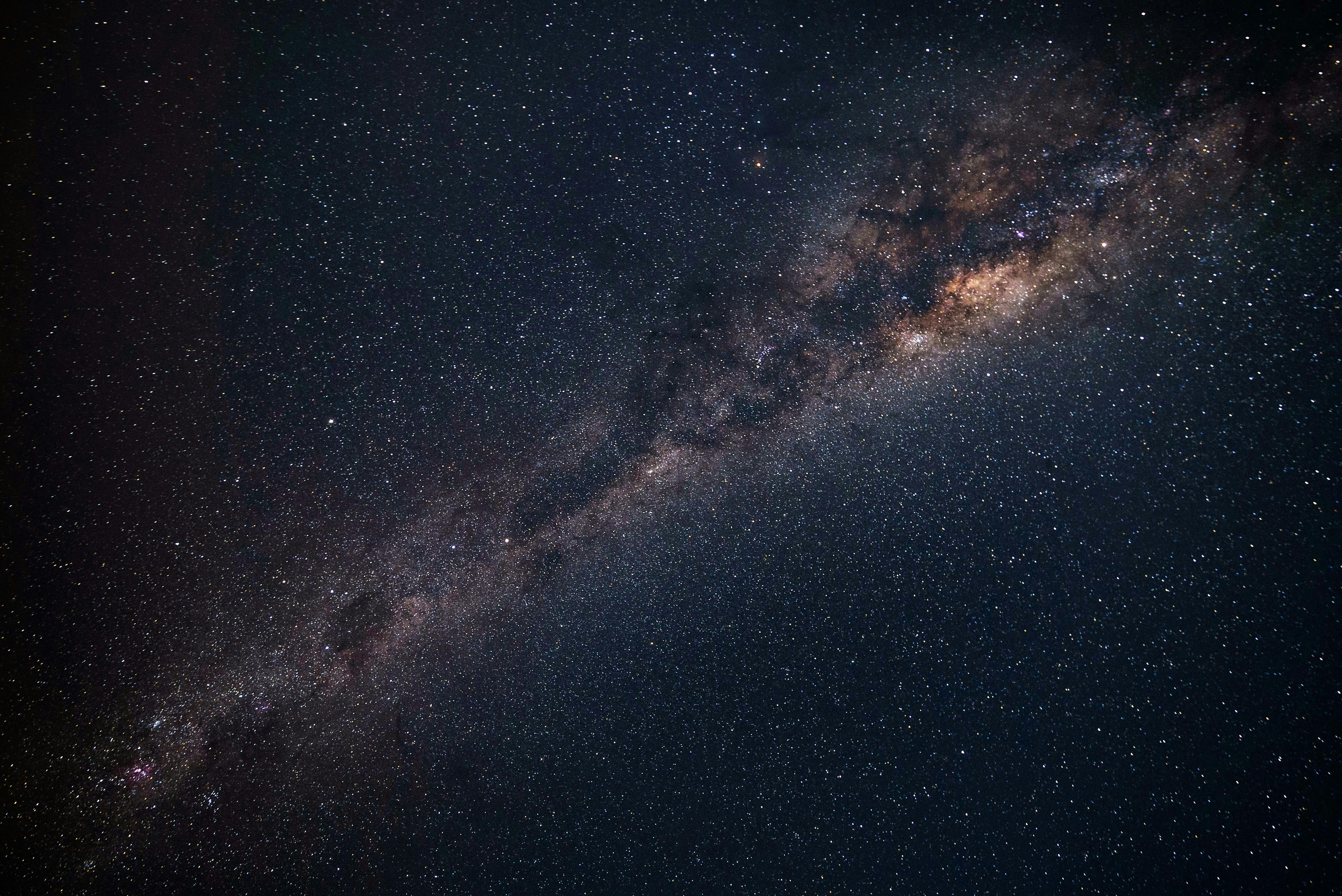Unveiling the Prospects of Space Tourism: The Next Frontier in Travel and Transportation
In the quest for new horizons, mankind has always pushed the boundaries of exploration. One of the most thrilling developments in recent years is the realm of space tourism. This futuristic industry is rapidly evolving, with a promise of offering ordinary people the extraordinary opportunity to venture into the cosmos. This article delves into the evolution of this fascinating travel trend, the current state of the space tourism industry, and what we can expect in the future.

The Genesis of Space Tourism
The concept of space tourism has its roots in the Space Race of the 20th century when nations competed to achieve various milestones in space exploration. But it wasn’t until the early 21st century that space tourism began to take shape. In 2001, American businessman Dennis Tito became the first space tourist, paying $20 million to spend eight days aboard the International Space Station. Since then, a handful of private citizens have embarked on similar journeys, marking the beginning of a new era in travel.
Current State of the Space Tourism Industry
Today, space tourism is a fast-growing industry, with several companies vying to make space travel accessible to more people. High-profile players include Elon Musk’s SpaceX, Jeff Bezos’ Blue Origin, and Richard Branson’s Virgin Galactic. These companies are developing reusable spacecraft designed to carry passengers on short suborbital flights, offering them a taste of microgravity and a view of Earth from space.
The progress made by these companies has been significant. In 2021, both Virgin Galactic and Blue Origin successfully launched their first crewed flights, taking a significant step toward commercial space tourism.
The Prospects and Challenges of Space Tourism
The promise of space tourism is exciting, but it also comes with considerable challenges. The cost of entry is currently exorbitant, with tickets for suborbital flights starting at around $250,000. Safety is another concern, given the inherent risks of space travel. Furthermore, there are environmental concerns, as space launches generate significant greenhouse gas emissions.
However, industry experts are optimistic that these challenges can be overcome. As technology advances, costs are expected to decrease, making space tourism more affordable. Moreover, companies are investing heavily in safety measures and looking for ways to reduce their environmental impact.
Impact on Travelers and Society
Space tourism promises a unique experience that could transform our perspective on our planet and our place in the universe. For the privileged few who can afford it, a trip to space offers an unparalleled adventure and a chance to join the exclusive club of astronauts.
Moreover, the development of space tourism could have broader societal implications. It could stimulate technological innovation, create new jobs, and potentially pave the way for future space colonization.
Noteworthy Aspects of Space Tourism
- The duration of suborbital flights currently offered by space tourism companies is relatively short, typically lasting around 15 minutes.
- Companies are also planning longer orbital flights and even trips around the moon.
- The training for space tourists includes physical fitness assessment, centrifuge training for experiencing the G-forces of launch and reentry, and safety briefings.
- The International Space Station (ISS) is set to retire in the late 2020s, and private space stations are being developed to replace it, potentially opening up more opportunities for space tourism.
In conclusion, space tourism represents a bold new frontier in the world of travel and transportation. While it’s currently a luxury reserved for the affluent, advancements in technology and industry competition could make space travel more accessible in the future. As we gaze at the stars and dream of floating in zero gravity, the prospect of becoming an astronaut might not be as far-fetched as it once seemed. The era of space tourism is just beginning, and it will be thrilling to see where it takes us.






